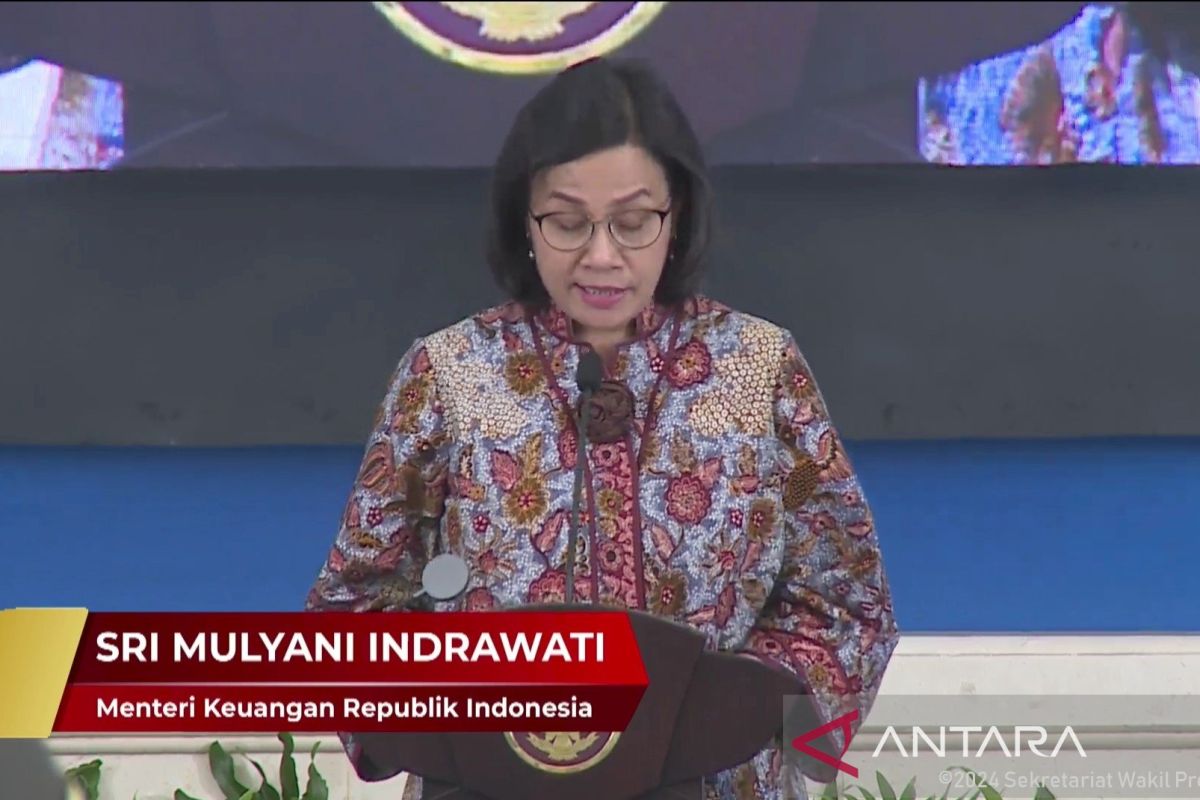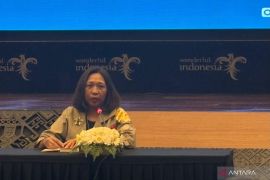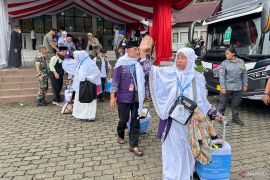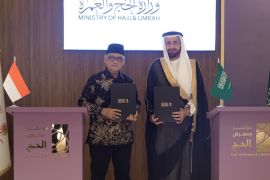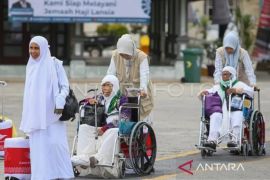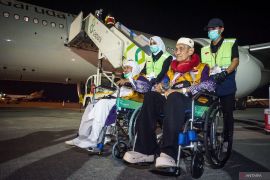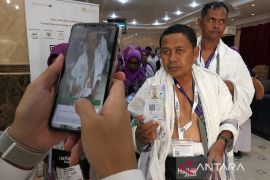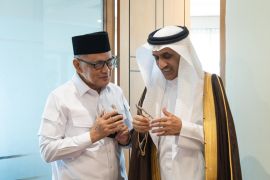In the future, economic opportunities from the Hajj and Umrah ecosystem will be even greater with changes in Saudi Arabia's policy through the Saudi Vision 2030,she said here Friday.
"Optimization of Indonesia's role in the Hajj and Umrah ecosystem will have a positive chain reaction on various sectors of the economy in the country, thereby having a significant impact on Indonesia's economic growth," she said.
Indrawati informed that the economic opportunities in the Hajj and Umrah ecosystem include the aviation, accommodation, transportation, and catering sectors.
Indonesia is currently the country with the largest Hajj quota of 221 thousand pilgrims. The total number of Indonesian Hajj and Umrah pilgrims is projected to increase to 3.3 million by 2030.
Indonesia also has the opportunity to attract foreign investors, especially from member countries of the Organisation of Islamic Cooperation (OIC) and Islamic Development Bank (IsDB), through blended finance and philanthropic activities, she said.
"I hope that the Ministry of Finance, the KNEKS (National Committee for Islamic Economy and Finance), and all ministries/agencies would continue to increase efforts to build resilient and competitive blended finance," she added.
Meanwhile, regarding philanthropic activities, the minister said that the collection of Islamic social funds has increased significantly in recent years.
The zakat (alms), infak (donation), and sedekah (voluntary charity) collected in 2023 totaled Rp32.3 trillion, while the total cash waqf stood at Rp2.56 trillion as of the third quarter of 2024.
"KNEKS has a big responsibility to explore social fund potentials and forge strategic cooperation for international social fund management and attract philanthropic fund potential in the GCC (Gulf Cooperation Council) region," Indrawati said.
She then called for further study of the idea of forming the Waqf Development and Acceleration Institution (LPAW) to support the development of the productivity of waqf assets professionally.
In addition to attracting foreign investment, it is necessary to strengthen the competitiveness of domestic halal products in the global market through the development of research and innovation, trade cooperation, and mutual recognition agreements on the products, she stressed.
Related news: Indonesian minister discusses 2025 Hajj preparations in Saudi
Related news: Indonesia, Saudi Arabia exploring Umrah app cooperation
Translator: Uyu Septiyati, Raka Adji
Editor: Rahmad Nasution
Copyright © ANTARA 2024
